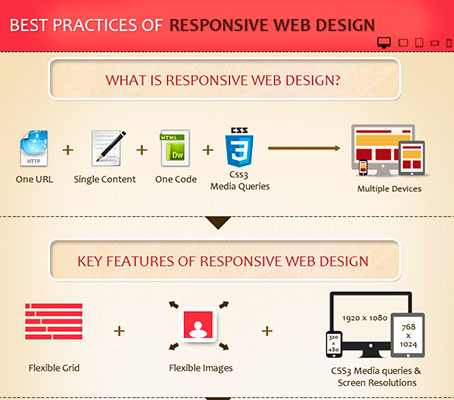Tips For Improving Web Site Rate And Efficiency With Web Hosting
Tips For Improving Web Site Rate And Efficiency With Web Hosting
Blog Article
Post Created By-Zimmermann Munn
They state 'time is money,' and in the world of web site organizing, this couldn't be much more true.
When it comes to your website's speed and performance, every second matters. Sluggish filling times can discourage individuals and drive them away, resulting in shed opportunities and possible earnings.
Yet worry not, there are means to improve your internet site's rate and efficiency with webhosting. In this discussion, we will check out some important ideas and techniques that will assist you maximize your internet site's efficiency and keep your site visitors engaged.
So, bend up and prepare yourself to unlock the tricks of a lightning-fast internet site!
Picking the Right Webhosting Service Provider
When it concerns enhancing your web site rate and performance, selecting the appropriate webhosting carrier is crucial. Recommended Web page can dramatically impact the loading rate, uptime, and overall efficiency of your web site.
To ensure you make the ideal selection, consider aspects such as server place, web server resources, and client assistance. Choose a carrier that has servers situated near to your target audience to decrease latency and enhance filling times.
Additionally, inspect the server resources supplied, such as RAM, CPU, and storage space, to guarantee they meet your site's demands.
Finally, reputable and receptive customer support is crucial for attending to any kind of technological concerns quickly.
Optimizing Website Caching and Compression
To maximize site caching and compression, consider applying efficient methods to improve filling times and decrease documents dimensions. Right here are three means to accomplish this:
- ** Take advantage of internet browser caching **: Set the expiration header for fixed data to urge browsers to cache them. This way, site visitors don't need to download the exact same files continuously, leading to faster page loads.
- ** Enable Gzip compression **: Pressing your site's data minimizes their dimension, allowing them to be transferred more quickly to site visitors' web browsers. Enable Gzip compression on your server to attain this, properly reducing load times.
- ** Make ada website compliance standards of CDN services **: Content Distribution Networks (CDNs) keep your website's fixed documents on numerous web servers worldwide. By using a CDN, site visitors can access these files from the web server nearest to them, reducing latency and boosting loading rates.
Minimizing Server Response Time
Take into consideration carrying out techniques to reduce server response time in order to improve web site rate and performance.
Server feedback time describes the amount of time it takes for a web server to reply to a demand from a customer's browser. A slow-moving web server reaction time can dramatically affect the general speed and performance of your site, causing a bad customer experience and prospective loss of site visitors.
To decrease web server response time, you can start by optimizing your internet site's code and database queries to ensure they're effective and streamlined. Additionally, choosing a trusted and high-performance webhosting company can make a considerable distinction in reducing web server response time.
Lastly, implementing caching and material distribution networks (CDNs) can aid disperse the lots and improve response times for customers found in different areas.
Verdict
Generally, by choosing a trustworthy host provider, maximizing caching and compression, and reducing server response time, you can enhance your internet site's speed and performance.
Consider it as a well-oiled machine, with each part working perfectly with each other to offer a smooth and reliable user experience.
So, do not forget the significance of webhosting when it concerns boosting your website's performance-- it's the engine that maintains points running efficiently.
